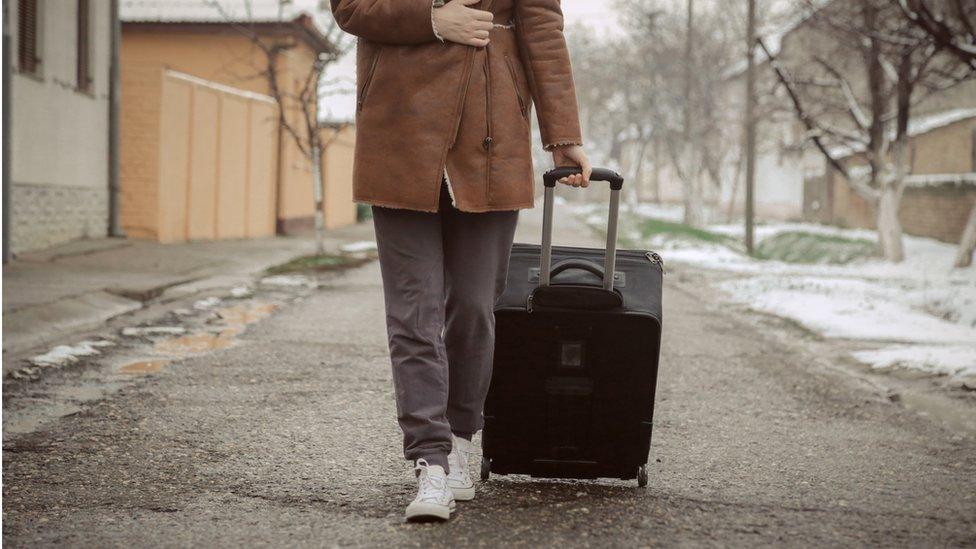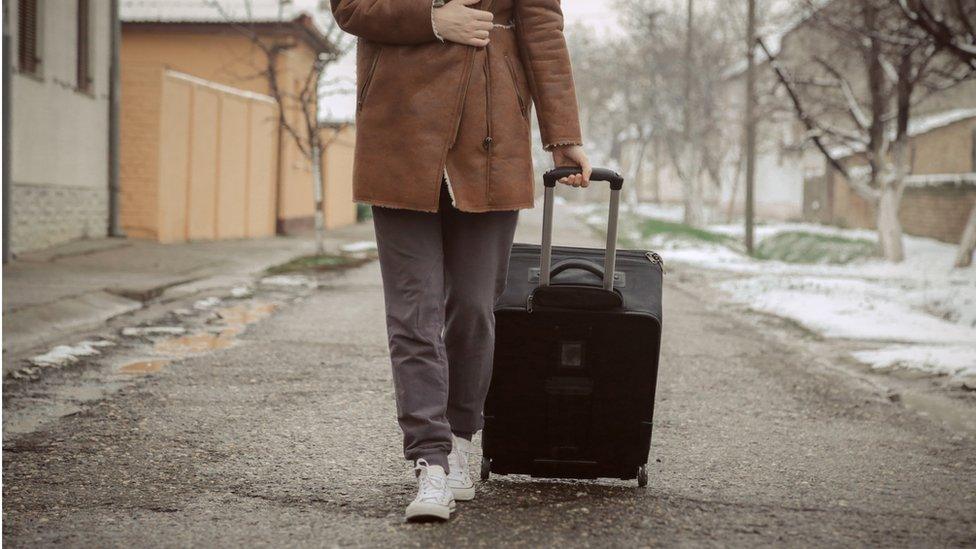MSPs call for seven-day cap on homeless B&Bs
- Published
- comments

A charity said temporary accommodation was "unsuitable" for homeless people
Homeless people should stay in bed and breakfast accommodation for a maximum of seven days, MSPs say.
A cross-party group has called on the Scottish government to introduce a week-long cap on "unsuitable" temporary accommodation.
It comes after a report by charity Crisis said 84% of 74 people living in B&Bs, hotels or unsupported hostels felt isolated.
Nearly half said they had no access to cooking facilities.
MSPs have written a statement calling for a change in the law which would see homeless people moved to more settled housing after one week in temporary shelter.
'Living in limbo'
Jon Sparkes, chief executive of Crisis, said: "Living in limbo in unsuitable emergency accommodation prevents people from moving on with their lives.
"It is heartening that this has been recognised across the political divide and I welcome this cross-party approach to call for the issue to be tackled urgently."
The statement was signed by Green MSP Andy Wightman, Scottish Labour MSP Pauline McNeill, Scottish Liberal Democrat MSP Alex Cole-Hamilton and Scottish Conservative MSP Graham Simpson.
It read: "To end homelessness, we need a bold approach. We believe that legislating to place a time limit of seven days for the period someone is placed in unstable temporary accommodation (UTA) will demonstrate to the Scottish people we are serious about achieving this goal for all homeless people.
"The Scottish government must maintain the momentum to uphold Scotland's place as a world-leader in tackling the injustice of homelessness.
"We therefore ask the first minister to prioritise this change in the law in the upcoming Ending Homelessness Together Action Plan."
The Scottish government will publish its action plan on tackling homelessness this week.
It is expected to set out a five-year programme to address the issue of temporary accommodation, in partnership with local councils and others.
- Published22 October 2018
